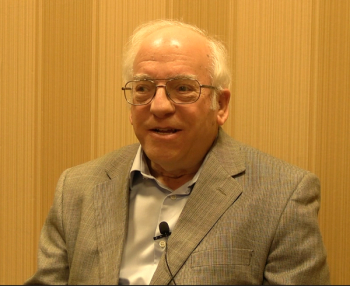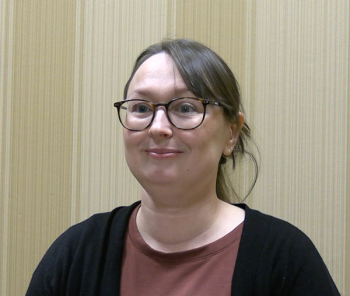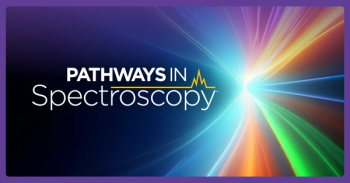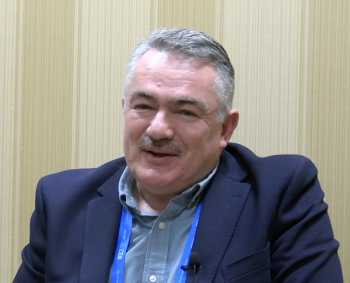
How to Improve SERS for Wider Adoption in Complex Environments
In this segment, Bell addresses the key barriers that are preventing SERS from being more widely adopted in complex environments.
Surface-enhanced Raman spectroscopy (SERS) is an analytical technique that amplifies Raman scattering signals of molecules adsorbed onto nanostructured metal surfaces. These metal surfaces are usually silver, gold, or copper, enabling highly sensitive molecular detection down to single-molecule levels. This enhancement arises from localized surface plasmon resonances, which intensify the electromagnetic field near the metal surface (1). SERS combines the molecular specificity of Raman spectroscopy with remarkable signal amplification, making it a powerful tool across diverse fields (1). It is used in chemical and biological sensing, environmental monitoring, forensic analysis, food safety testing, and medical diagnostics for detecting trace amounts of pollutants, drugs, pathogens, and biomarkers with high sensitivity and selectivity (1).
However, despite the rising popularity of SERS, it is still not seeing wider adoption beyond specialized laboratories. Steven Bell, who is a professor of physical chemistry at Queen’s University Belfast (Northern Ireland, United Kingdom), recently sat down with Spectroscopy at the 2025 SciX Conference to talk about the recent developments in SERS technology and its adoption in key application areas. Bell’s laboratory group at Queen’s University Belfast investigates the development of nano- and microstructured materials, focusing on creating new SERS substrates (2).
Our first interview segment with Bell focused primarily on his session that he delivered at SciX. In his talk, Bell tracked the development of SERS and what needs to be done for this technique to be more widely implemented for broader analytical applications. In this segment, Bell addresses the key barriers that are preventing SERS from being more widely adopted in complex environments. He also explains how his work tested strategies to overcome adsorption challenges, and what breakthroughs are still needed in SERS development.
This interview clip is the second part of our interview with Bell. To stay up to date with the latest coverage of the 2025 SciX Conference, click
References
- Han, X. X.; Rodriguez, R. S.; Haynes, C. L.; Ozaki, Y.; Zhao, B. Surface-enhanced Raman Spectroscopy. Nat. Rev. Met. Prim. 2021, 1, 87. DOI:
10.1038/s43586-021-00083-6 - Wetzel, W. Previewing the Theophilus Redwood Award Session on Wednesday. Spectroscopy. Available at:
https://www.spectroscopyonline.com/view/previewing-the-theophilus-redwood-award-session-on-wednesday (accessed 2025-10-13). - Queen’s University Belfast, Professor Steven E.J. Bell. QUB.AC.UK. Available at:
https://www.qub.ac.uk/schools/SchoolofChemistryandChemicalEngineering/Study/PostgraduateResearch/find-a-phd-supervisor/professor-steven-bell.html (accessed 2025-10-12)
Newsletter
Get essential updates on the latest spectroscopy technologies, regulatory standards, and best practices—subscribe today to Spectroscopy.



